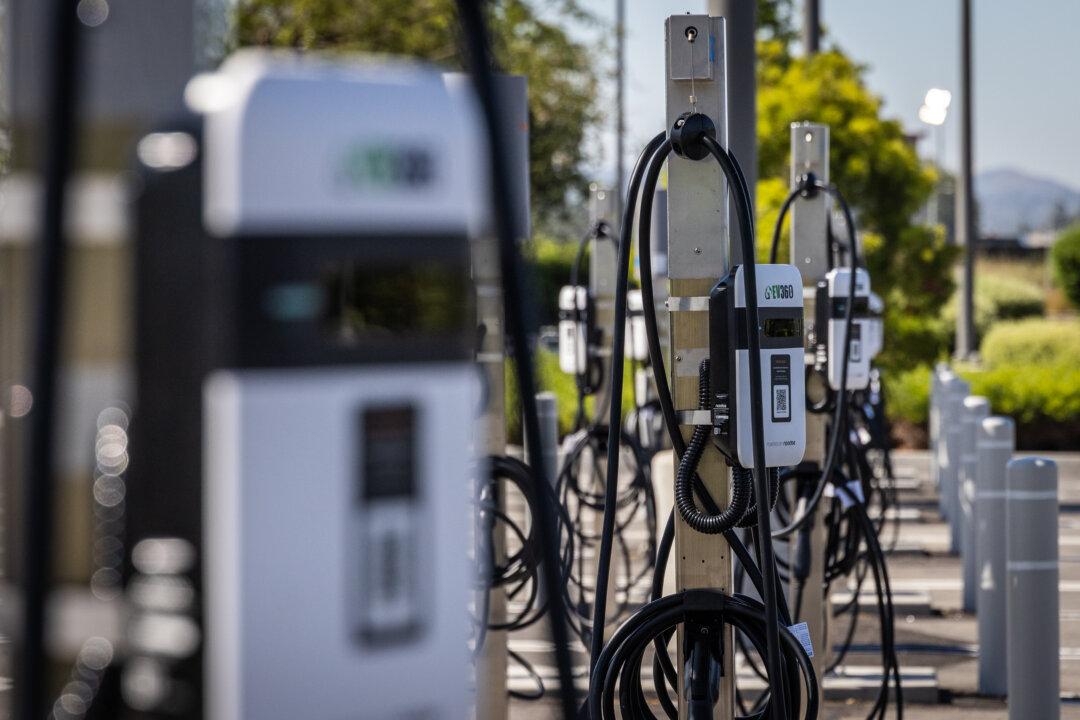The High Court of Australia has struck down the Victorian government’s tax on drivers of electric vehicles (EV) and plug-in hybrid vehicles.
Under the state government’s Zero and Low Emission Vehicles (ZLEV) road user charge, drivers of these vehicles were taxed according to every kilometre they drove.





